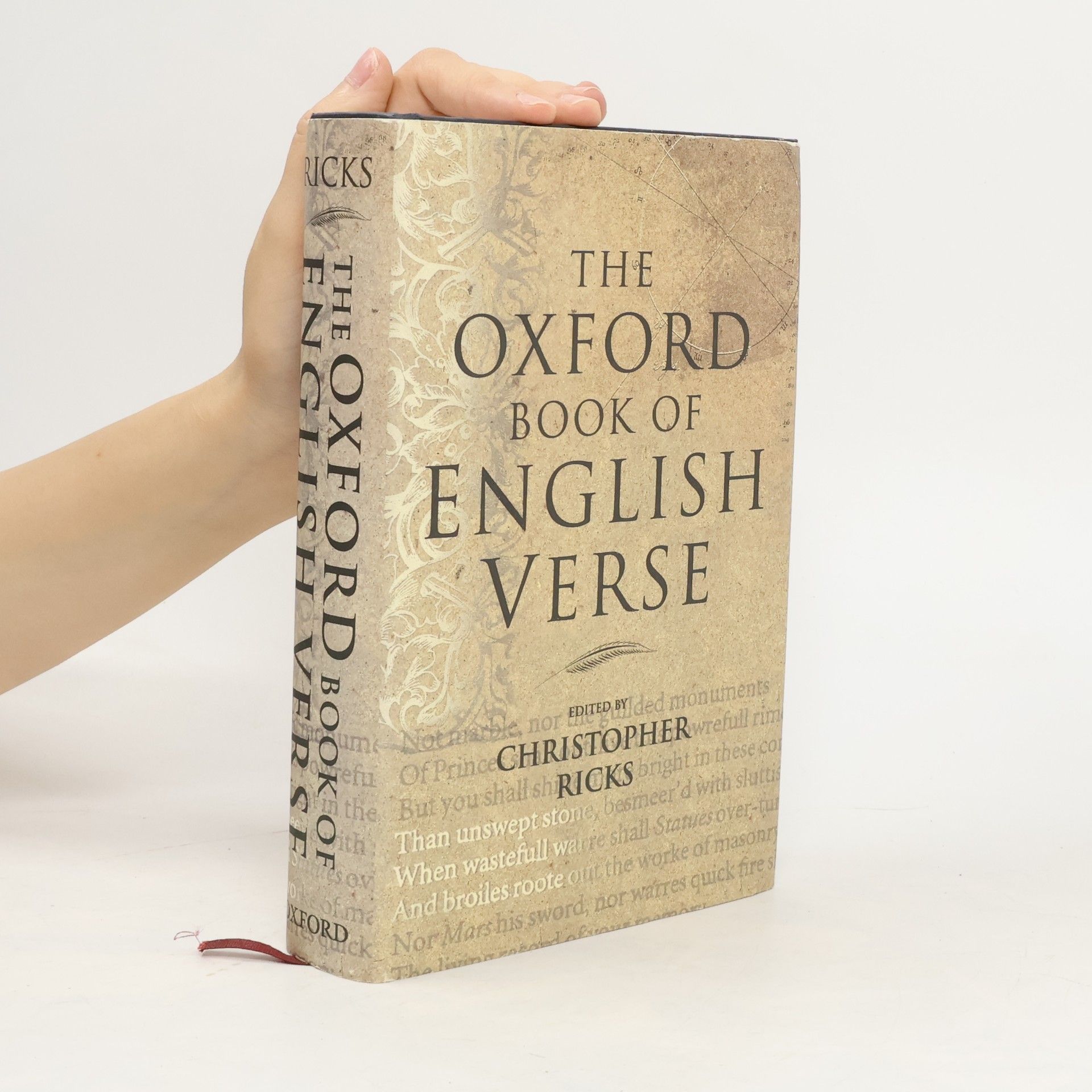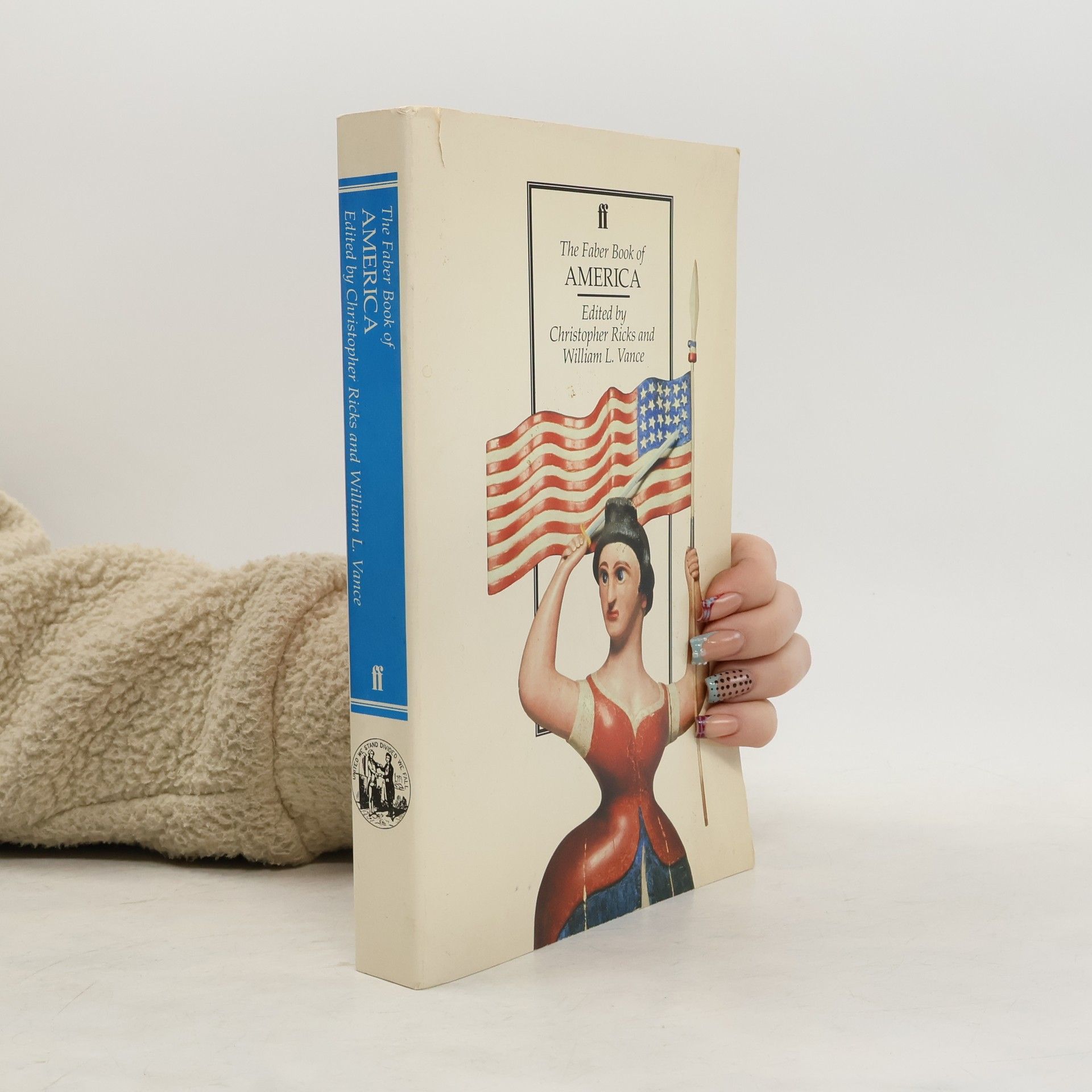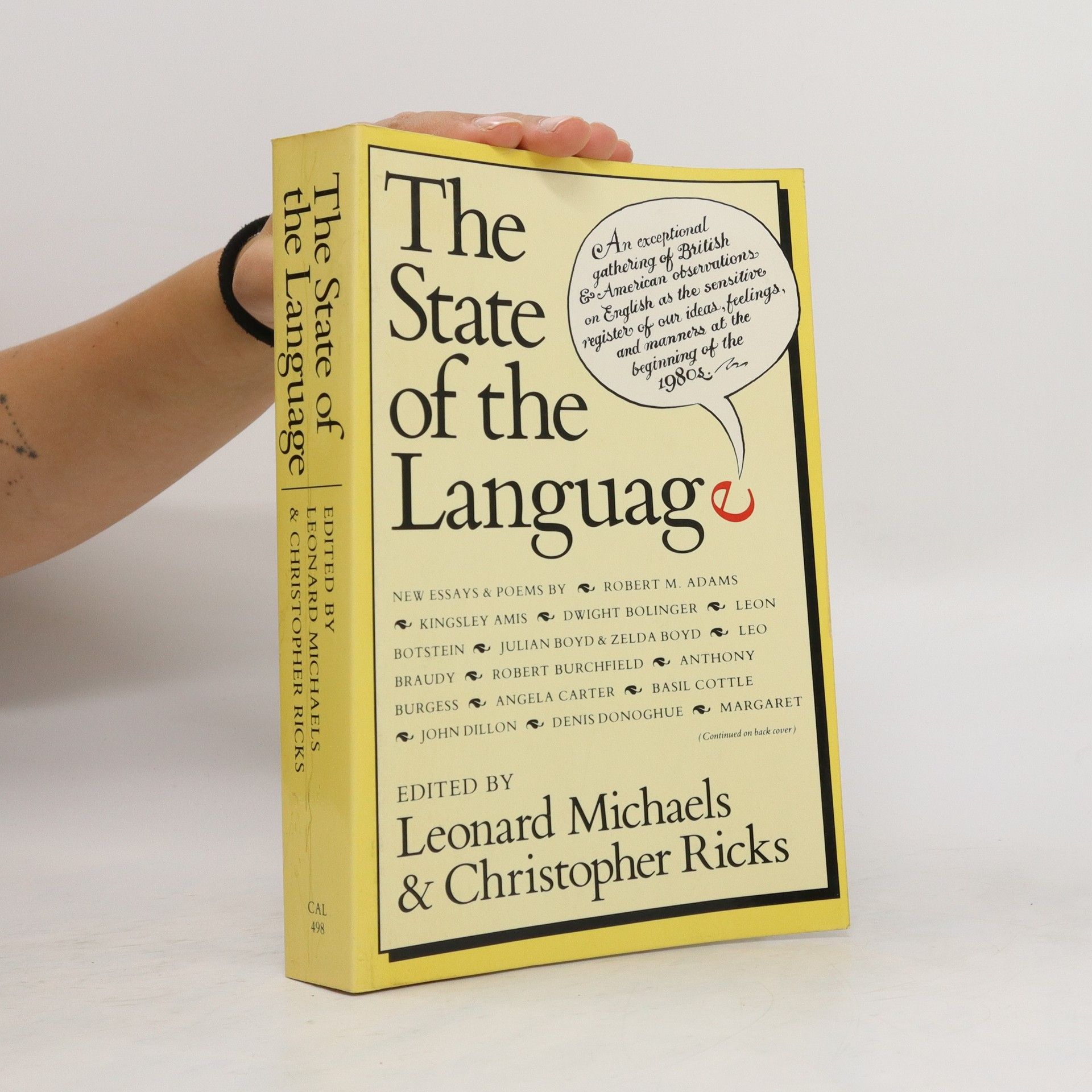The Oxford Book of English Verse
- 690 stránek
- 25 hodin čtení
Christopher Ricks's 'Oxford Book of English Verse' -- third in succession, after Arthur Quiller-Couch's original volume (1900) and Helen Gardner's new selection (1972) -- is a treasury from more than seven centuries of the poet's art. Poems that are also translations are included.









